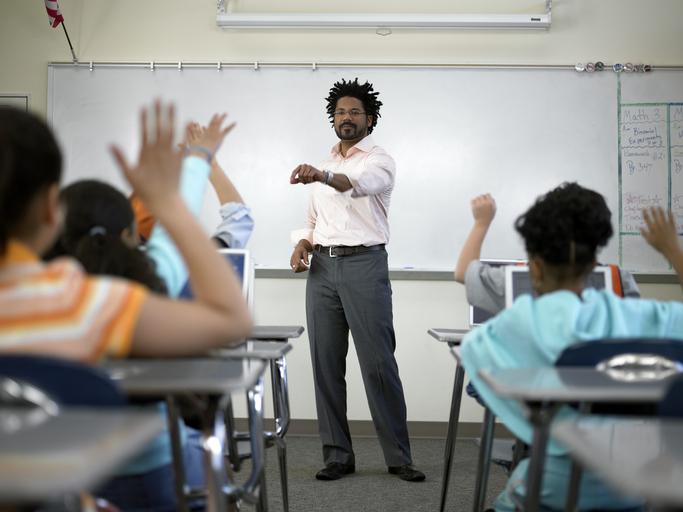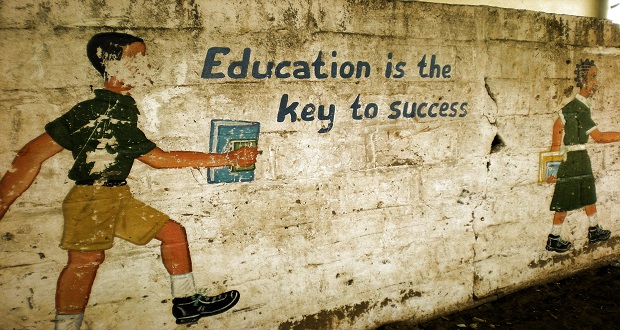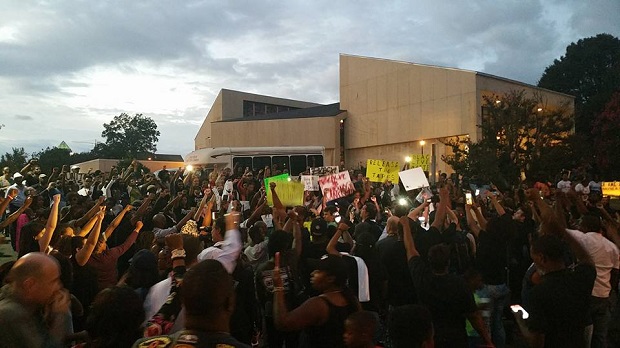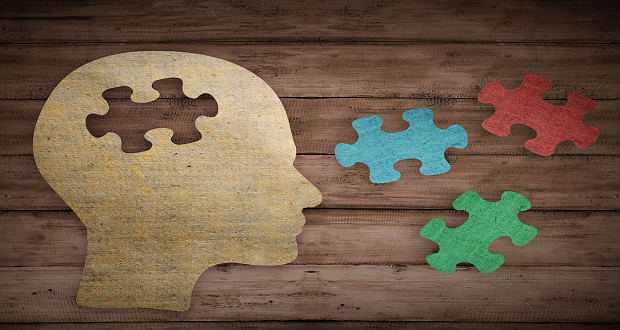
Stephen R. Covey has a saying, “Progress moves at the speed of trust.” Now, if you believe this to be true, one might consider the following questions in their quest towards progress: how do you build trust? How do you foster an atmosphere of acceptability, accountability, and continuity? How do you begin to truly and authentically bridge gaps between purpose and promise? How do we reach the “unreachable?” How do we speak the language of a tongue we might be unfamiliar with? How do we walk the paths of roads we’ve never traveled?
The answer is simple, yet complex: by leveraging an array of LIVED EXPERIENCES.This means bringing people in our work around equity and justice who have been in, been through, and been successful at finding healing, direction, and success. In my experience, this is where we find the most powerful form of impact—when we leverage and engage people with different lived experiences. For purposes of this post, I’m going to focus on a very specific lived experience that has been perpetually excluded in sectors where they could potentially have the most impact—education and mentoring.
It is no secret that both mentoring and education industries are experiencing a “shortage” of “diverse” qualified candidates, more specifically Black men. Only 2% of the teacher workforce is made up of Black male educators. Similar patterns are seen in the world of mentoring, where mentorship organizations are constantly looking for ways to address the “shortage” of Black male mentors. This is a critical area of opportunity to address considering data has shown that the presence of Black men in the teacher workforce produces invaluable results and outcomes for children of all backgrounds.
In our efforts to address representation of Black men in mentoring and the education system, we must get real and ask ourselves a few questions: Are there truly no qualified candidates? Is there really a shortage of Black men available to pour into the lives of our young people? OR, are there certain systems and practices in place that have rendered many of our brothers “unqualified?” In what ways have we upheld these systems by way of policies that prevent these men from being involved? These questions are all part of unpacking the conversations that matter—the conversations that lead to sustainable change and equity.
Are there truly no qualified candidates? Is there really a shortage of Black men available to pour into the lives of our young people? OR, are there certain systems and practices in place that have rendered many of our brothers… Share on XI am referring to men who are eager and emotionally invested in correcting course for our young folks. Men who I’ve had the opportunity to engage with and learn from. Men who happen to also have criminal convictions.
Earlier this year, I was working with an organization that wanted to increase the number of Black males serving as mentors with their young people. After a couple of initial meetings, I was able to convene a group of roughly 25-30 men. Men who were ready and willing to give their time and talent to serving young folks. Men who lived, walked, and survived the streets of the very communities in which these young folks live.
There was one problem: about 80% of the men had prior criminal convictions, which consequently disqualified them from organizational standards to work with youth. I encouraged the group to think more critically about the standard and how it inherently disqualified a significant population of a group they were seeking to actively engage. Because the standards disqualified the men from formally engaging in the program, we missed an opportunity to leverage their lived experiences in a way that could have made them all the more relatable and relevant to the young folks we were seeking to serve.
Immediately after working with this group, I was talking to a local coach that had a team of men who agreed to work with these students but were also put in a precarious position due to their prior convictions. What he said to me was simple yet profound: “Ryan, we’re going to continue to struggle if we only look for the ‘good’ people.” Wow.
We must begin to leverage the very lives society has aimed to destroy. We must escape the cycles of oppression by exposing others to the very people who ended up spinning in them. Share on XWe must begin to leverage the very lives society has aimed to destroy. We must escape the cycles of oppression by exposing others to the very people who ended up spinning in them. We must break the generational chains of poverty and mass incarceration by empowering those who were once shackled by those exact same chains.
We must break the generational chains of poverty and mass incarceration by empowering those who were once shackled by those exact same chains. Share on XThere’s only one problem. In order to accomplish this, our broader society would have to truly and actively care more about Black people and children than they do about upholding their standards of what is “good,” respectable and “worthy,” (otherwise known as whiteness). Society would have to truly move in the direction of progress—progress for a people who are still seen as less than human. From my point of view, if we truly cared about Black children, we would take every measure to expose them to Black men—especially Black men who have experienced some bumps along the way and navigated the same systems of oppression they are experiencing daily.
If we’re serious about this work, then we are going to have to acknowledge that gone are the days when we can simply seek out to engage a “certain kinda” or “respectable” Black in our initiatives. Present are the days where we must truly put our hearts in this work which means engaging those who may not have squeaky clean pasts, and rather see the value in their lived experiences.
If we’re serious about this work, we’re going to have to move from focusing our efforts and investments in mainstream organizations and institutions that make the work look good and focus on the people, communities and grassroots organizations “on the ground” that have relationships and are doing the work. If we’re serious about this work, we must continue to reflect and ask ourselves:
- To what extent have we acknowledged and challenged the systemic reasons that have led to many of our Black men being “unqualified” or “disqualified?”
- How can we reorient our practices and policies in a way that prioritizes the humanity of the children we’re serving and the Black men we’re seeking to engage?
- In what ways does broadening our definition of ‘role model’ or ‘good’ increase the diversity of experience we could potentially expose youth to in the classroom and beyond?
- How can we leverage Black men and their lived experiences to expose our youth to the hard truths of paths that can derail their futures and narratives of resilience and evolution?
- Are you serious about providing second chances to people with prior convictions?
Prove it.
How can we leverage Black men and their lived experiences to expose our youth to narratives of resilience and evolution? Share on X

















